STEAM education in the virtual classroom The focus of STEAM education (Science, Technology, Engineering, Arts and Mathematics) is to apply an interdisciplinary approach to solving problems and has been a highlight for many of our students here at the British International School HCMC during our Virtual School Experience.
The focus of STEAM education (Science, Technology, Engineering, Arts and Mathematics) is to apply an interdisciplinary approach to solving problems and has been a highlight for many of our students here at the British International School HCMC during our Virtual School Experience.
STEAM is not just the five subjects that make up its name. It’s an educational philosophy and approach that says in order to solve something, we must look at it from many different points of view. This multidisciplinary way of looking at problems, focusing on real-world applications and incorporating skills from maths, science and all other subject areas, is how our students will solve the problems of our planet.
Our unique collaboration with elite university Massachusetts Institute of Technology (MIT) provides our students with access to a range of resources and experts. This exposure is undeniably beneficial for our students all-year round. However we have reaped the benefits of this collaboration even more so during our virtual school experience.
MIT Xtra Challenges
Our Global Campus platform has never been as important as it is right now with all of our 66 Nord Anglia Education schools around the world moving to virtual learning. The Global Campus connects 64,000 students worldwide through collaborations and competitions such as the MIT Xtra Challenges, enabling them to share the learning that they are undertaking and their unique experiences.
Across the entire student body at BIS we have been able to provide STEAM based challenges and learning experiences through our virtual classroom. These challenges have allowed students to critically think and analyse a problem, work collaboratively with their families to find solutions and have a lot of fun in the process. Our Rube Goldberg challenge is a great example of this as it saw over 200 BIS children work with their families to create amazing chain reaction machines:
We've also seen some of our students take part in the Robot-building challenge where they had to find and use items from around their house to design and create their very own robot! All of these types of challenges are collaborative in nature and build upon our students' problem-solving capabilities.
MIT Challenge - 'A Different Lens'
MIT photographer Felice Frankel believes that if you want someone to love Science you have to engage them with it, without them even knowing they're looking at Science.
Inspired by Ms Frankel's work, we launched a photography competition at our Early Years and Infant Campus. Our youngest students were set the task of photographing Science in the world around them in artistic and thought-provoking ways. This was a great example of why A for Art is such an important part of STEAM, as it is often the way that we represent an object or concept visually that provides us with answers about how and why things work.
Improving an Invention with Andrea Beaty
Our primary students were also inspired by author Andrea Beaty who wrote the much loved picture book ‘Rosie Revere, Engineer’. Andrea explained to our students the importance of invention and her own creativity process before challenging students to be like Rosie by improving upon an existing invention in the world.
"Improving an invention is a great example of STEAM learning as it takes a problem and looks upon a need in a cyclical way - we have a solution, but is it the best? Can we make it better through identifying the issues, coming up with possible solutions and then testing our designs through trial and error?" says Luke Dyer, BIS STEAM Co-ordinator.
MIT Fire Hose Chat - Dr Ritu Raman
Higher up the school, 20 of our senior secondary school students had the incredible opportunity of joining an MIT Fire Hose chat with Dr Ritu Raman, a graduate of MIT. Dr Raman presented a seminar titled ‘Building a Better World with Biology’ and discussed her research on Biological Engineering.
Her team is looking at the idea that if we could build robots out of human cells then we will be able to use these robots to deliver medicine from inside a patient. The micro-robot would heal a person from inside and then self-destruct, leaving the body once its job is done. Sounds like the script from a science fiction movie, right? But this is reality for Dr Raman and her team.
This project is a partnership between Biological Engineers and Chemical Engineers highlighting to our students the benefits of working collaboratively across different subjects and specialisms to produce tangible outcomes. It also provides our students with exposure to real world examples of STEAM in action and a glimpse into what a future in STEAM-related disciplines could hold for them. You never know, in a few years time it could be some of our BIS students working on teams just like Dr. Raman's...
Secondary student SoYoung commented on the webinar:
"The most interesting thing that I took away from the talk was that BioBots could have a lot of applications from treating diabetes and cancer to potentially working as prosthetics. It made me realise that the ultimate purpose of all of the amazing discoveries and advances in science is to improve people's lives. After this talk, I aspire to be a person who, like Dr Ramen, uses their skills and knowledge to benefit others."
Over the next few weeks you will continue to see a variety of interesting STEAM-based experiences adapted for our virtual classrooms. To access these challenges, keep an eye on our virtual classroom, Seesaw and take a look at the Nord Anglia global campus website.
We encourage you to take on these challenges, work with your child to find a range of different solutions, thinking critically and creatively.
"Remember there is more than one solution to most STEAM-based challenges and the process that gets you to the solution is rewarding and can provide just as many learning opportunities as the final outcome." - Luke Dyer, STEAM Co-ordinator


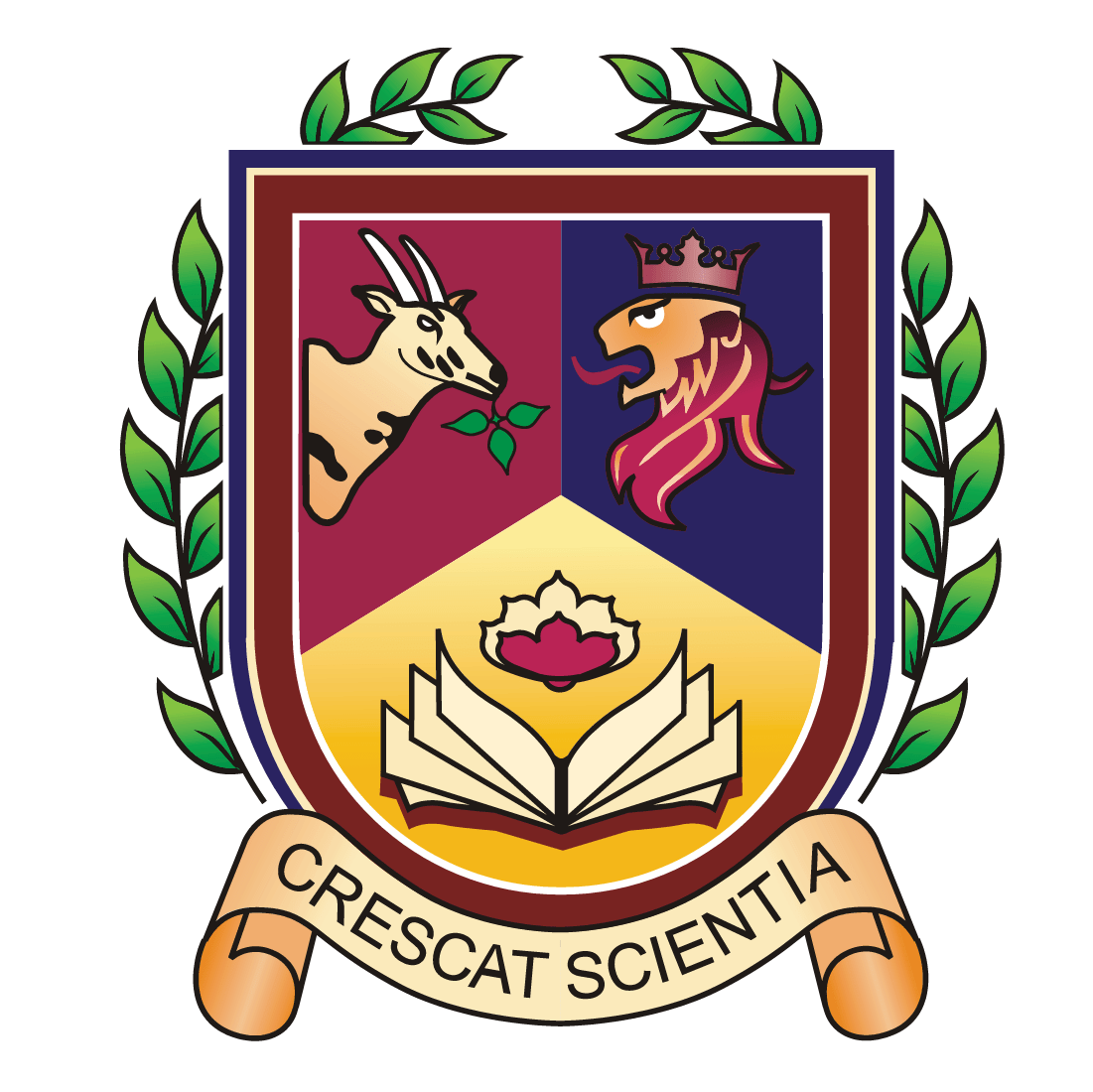
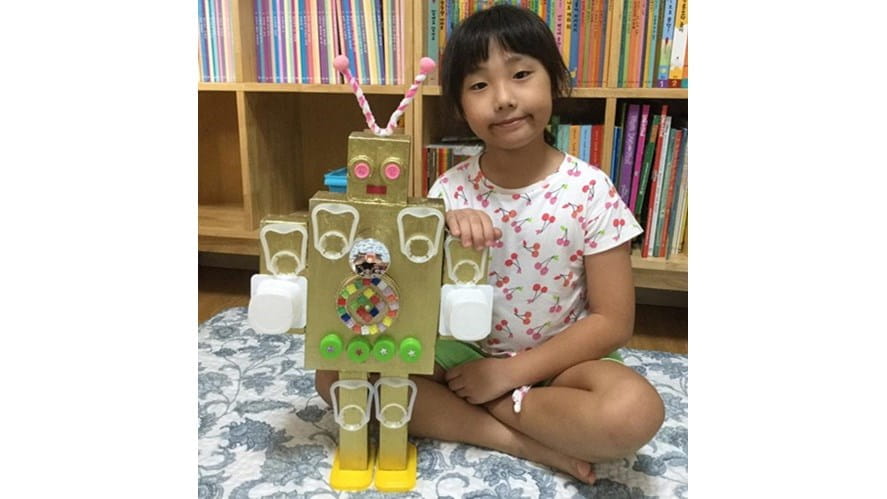
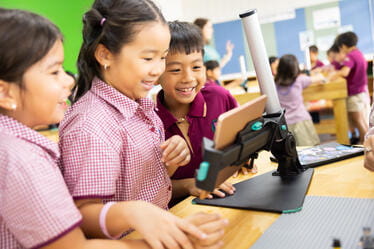
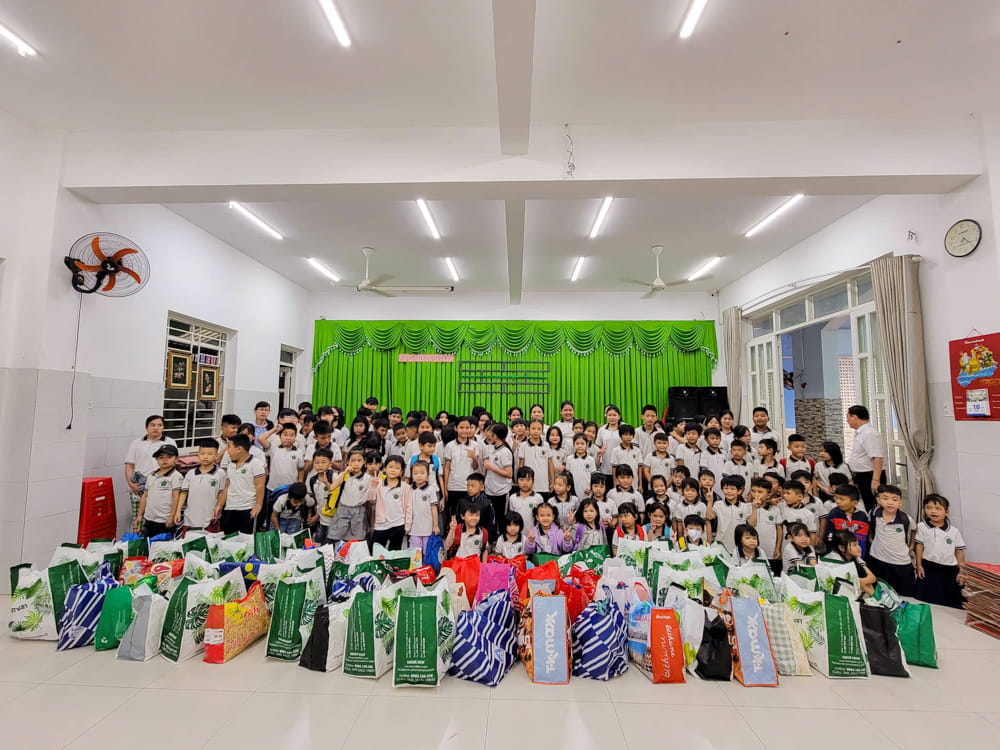
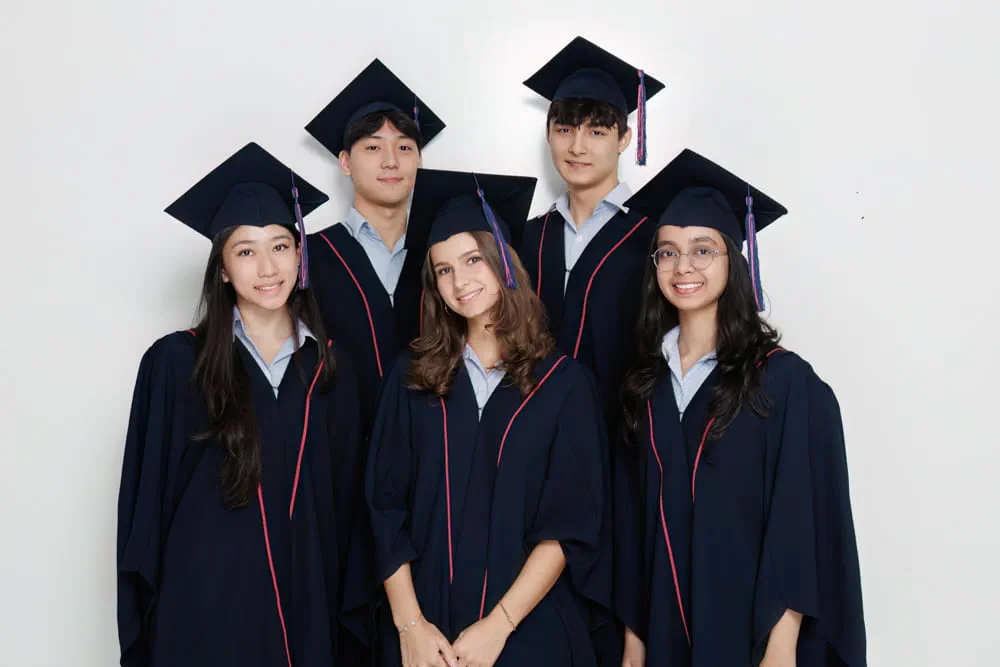
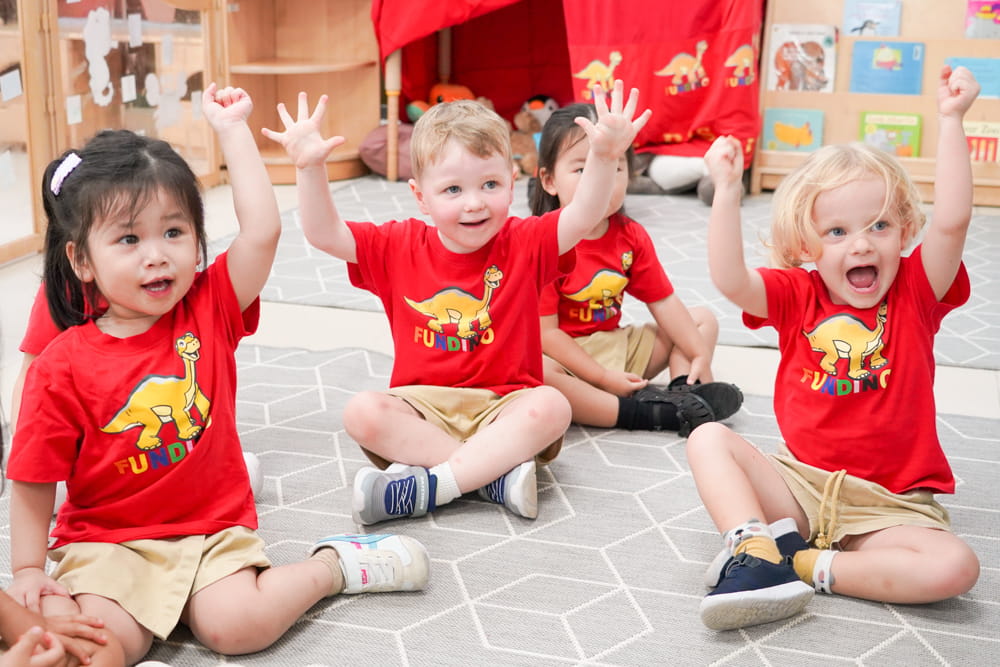
.jpg?h=1000&iar=0&w=1000&rev=b2dc7c8aa95640059a4e92304ff617df&hash=E5813A2A2B671904A50B5F2D66647596)